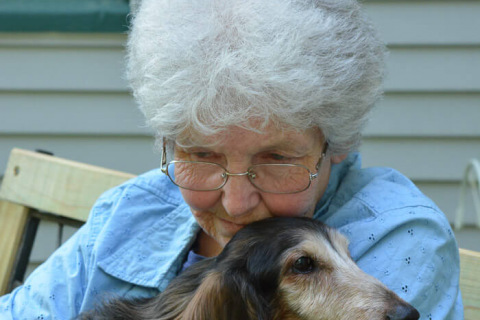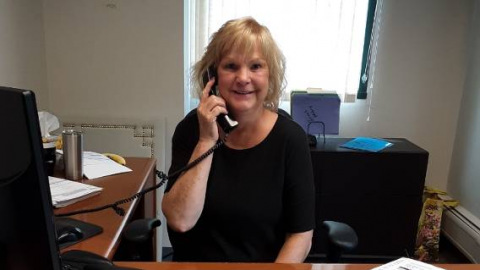Sugarbaker Legacy Goes Beyond Mesothelioma
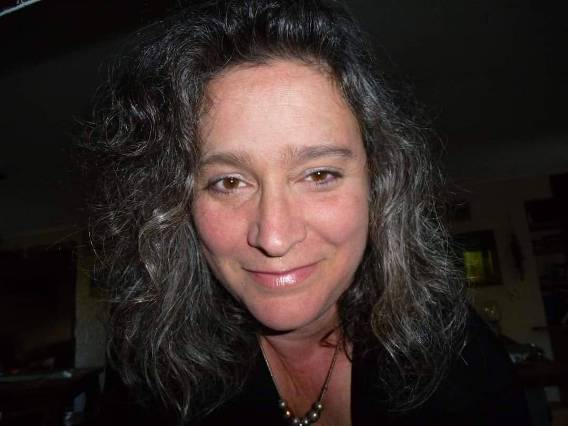

Fact Checked | Written by: Tim Povtak | Last Update: 10/23/2024 | 5 Min Read
Thoracic Surgeon Dr. David Sugarbaker died in 2018, leaving a legacy that went well beyond his pioneering efforts and acclaimed expertise in treating pleural mesothelioma cancer.
His patients remember him for so much more.
Lisa Knickerbocker is one of those patients and his legacy continues to live through people like her.
Knickerbocker is a lung cancer survivor who still thinks of Sugarbaker often, 19 years after he removed her entire left lung and confidently told her to enjoy a long and happy life.
“I remember our first conversation: He said, `You’re probably not going to become a professional tennis player, or a Navy Seal, but otherwise, you won’t even know the lung is missing,’” she recalled with admiration. “He certainly gave me some much-needed confidence. I thought a lot of him — a special person and a special surgeon.”
Diagnosis Was Devastating
Knickerbocker, now 56, is a long-time resident of Vermont who was expecting the worst when she was first diagnosed with carcinoid tumors, a rare form of lung cancer requiring a specialist.
Doctors at the University of Vermont Medical Center in Burlington, where she was diagnosed, were shaking their heads.
She was stunned. An athletic skier, mountain biker and mother of two young children, she suddenly thought her world was coming to an end. Her boys were 4 and 2, respectively. She feared the worst.
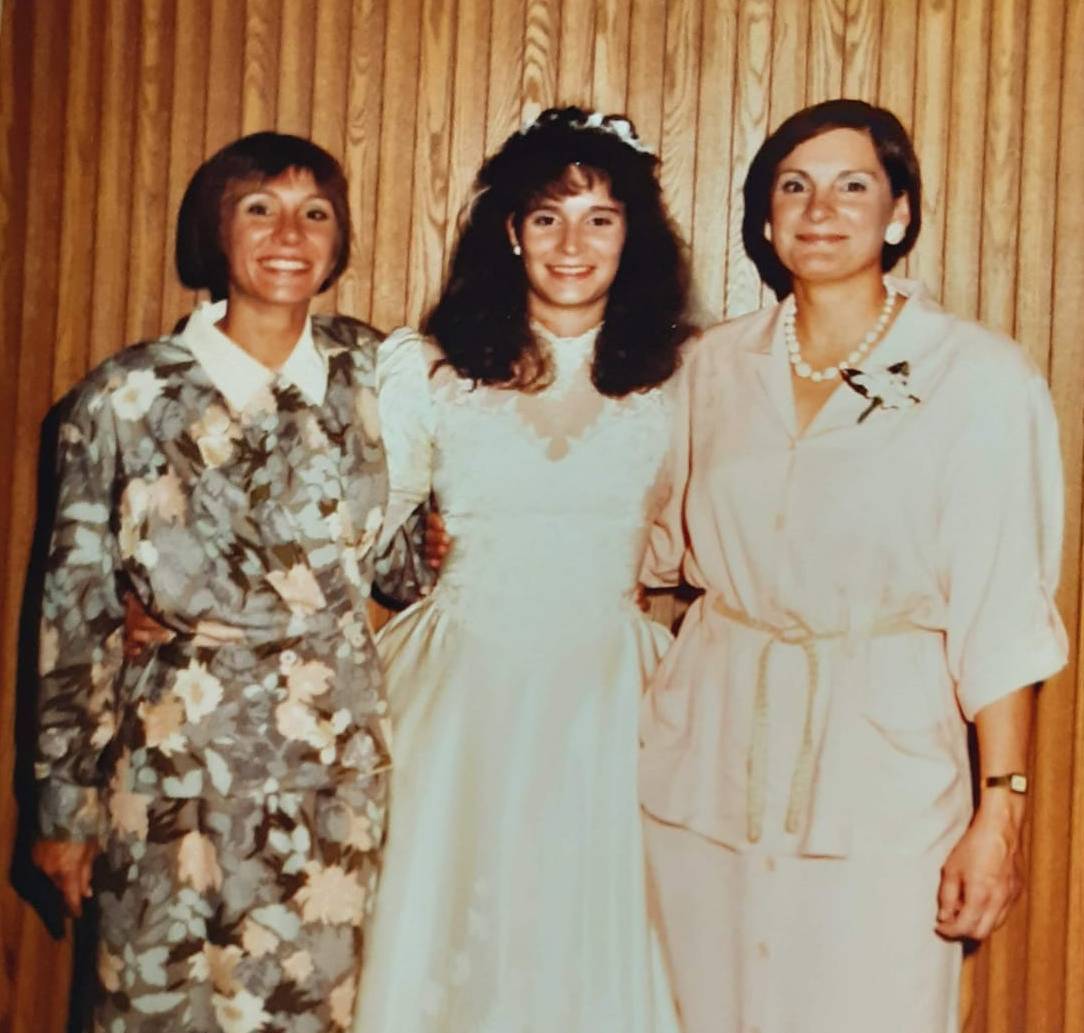
“I remember putting the Christmas decorations away that year, wrapping them up so carefully, thinking I’d never see them again. I was sobbing,” she said. “It was a very emotional time for me, thinking I’d never get to see my children grow up.”
Then she met Sugarbaker, an innovative leader and dynamic personality at one of the most advanced lung cancer programs in the world — Brigham and Women’s Hospital in Boston, 225 miles away.
“He was so encouraging, assuring me that everything would be fine,” Knickerbocker said. “I’ll always remember that. It was frightening to me, that he would be taking my whole lung out, and I cried so much, but he made it all work. The whole staff was like that. I remember one of the nurses telling me, `Don’t worry. You’ve got the world’s best doing your surgery.’”
A Reputation for Excellence
Sugarbaker’s well-deserved reputation for excellence, along with his penchant for helping his patients personally, often led to overscheduling and longer-than expected stays in his waiting room, which Knickerbocker can smile about now.
Even her surgery was delayed unexpectedly at the last minute by his desire to achieve the best results for every patient he saw.
“I still remember being in the surgery prep room, getting ready for the 11 a.m. operation, when the nurse comes in and says `I have Dr Sugarbaker on the phone for you. He’s never done this before, called someone in the prep room.’ Well, he comes on the phone and says, `I’m just finishing up a super tough procedure right now. Would you mind if we pushed you back until tomorrow?’ So we did. Looking back, it was probably a good thing.”
Almost 20 years later, Knickerbocker continues to shine, proud to have seen both boys graduate from college and flourish on their own, thankful for resuming a life that wasn’t changed much by a cancer that scared her so badly.
After the aggressive surgery, she was off the respirator within an hour, and home from the hospital within a week with no tubes attached or any medication related to the lung removal. She never even finished the pain medication she was given on her way out.
Hardly Missing Her Lung
Full recovery lasted six months. Her husband Joe walked with her daily and her pace quickened steadily. She returned for follow-up visits but needed very little care.
“I imagine with that cancer, a lot of times, it doesn’t end well, but I know Dr. Sugarbaker was real proud of me, and the way it turned out,” she said. “I was kind of like a prized patient. He used to parade me in front of the student doctors he was training, his success story. He would show me off when I came back for visits.”
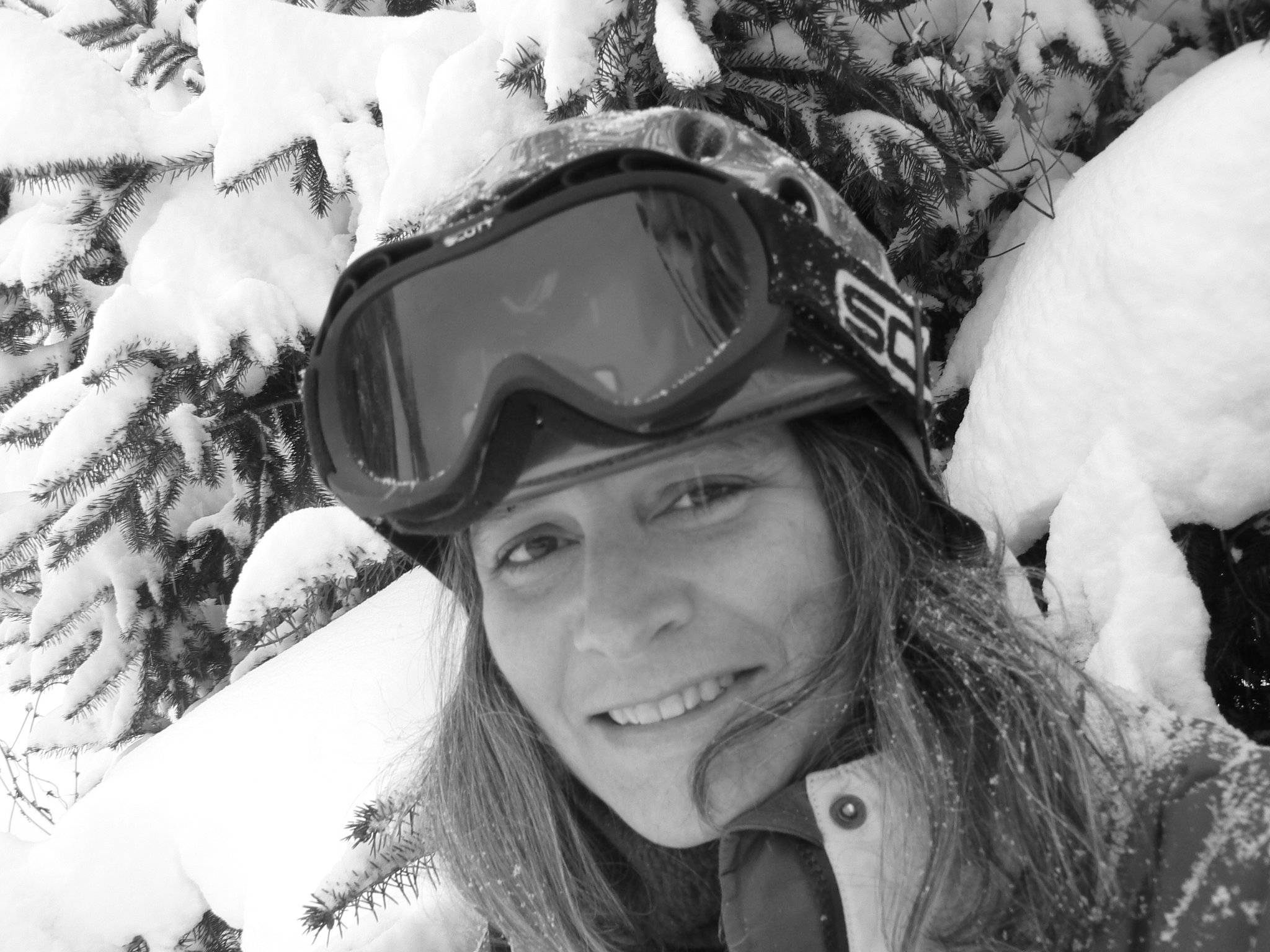
Although it wasn’t long before she became active and athletic again, her one concession to the missing lung was a lack of natural buoyancy in the water. Although she bikes and hikes like before, she no longer water skis in the summers.
“Jumping into deep water just doesn’t feel right now,” she said. “But I can do just about everything else.”
Although she fell out of touch with Sugarbaker when he moved to Houston in 2014 to direct the Lung Institute at the Baylor College of Medicine, she was stunned by word of his death.
She is happy today to offer advice to newly diagnosed cancer patients, learning from the doctor who laid the groundwork for the life she is living today.
“The first thing I would tell others is `You can have the best doctor in the world. Don’t let anyone tell you can’t.’ Do your homework, and don’t settle for anything less,” she said. “You hear about others all the time who settle for less. Don’t do that.”
She also stressed the importance of having an advocate or two, typically a family member, or a best friend willing to provide extensive amounts of their time.
“You can’t do it yourself. It’s too much. My sister was there. My husband was there. It’s easy to be overwhelmed by everything you are worried about. It can take two or three people advocating for you,” she said. “I was so fortunate to have that. I had the best of everything.”

